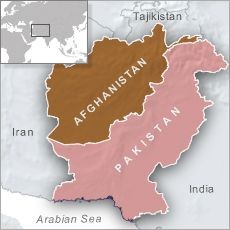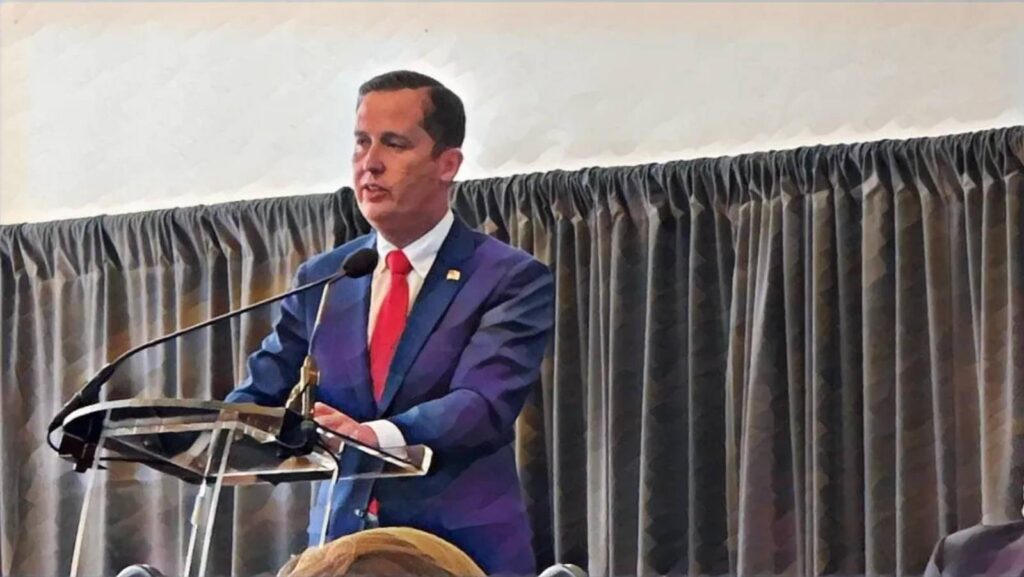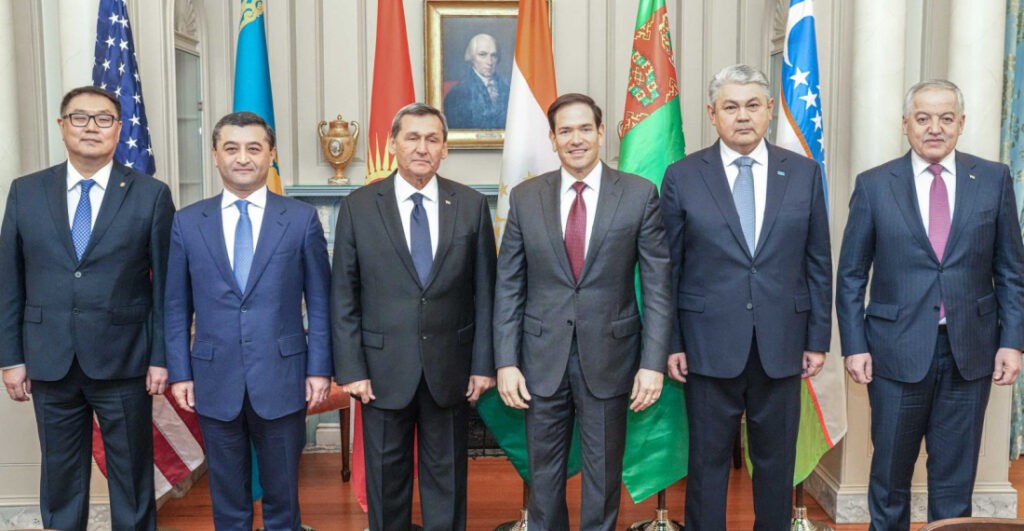Paul Kapur: “The United States’ Commitment to Central Asia Is Strong and Enduring”
WASHINGTON (TCA) — Assistant Secretary of State for South and Central Asian Affairs Paul Kapur reaffirmed Washington’s long-term commitment to Central Asia during remarks marking the 10th anniversary of the C5+1 partnership at the Kennedy Center hosted by the United States Department of State on November 6. Addressing an audience of officials, diplomats, and business leaders, Kapur said he was “honored to join an esteemed group” for the occasion. “I recently started my tenure as Assistant Secretary, and I’m particularly glad that I started as we celebrate the decade of C5+1 partnership,” he noted. Kapur, who oversees U.S. policy toward the region and serves as Secretary Marco Rubio’s chief advisor on Central Asia, is a veteran academic who has taught at the Naval Postgraduate School and Claremont McKenna College, and previously served on the State Department’s Policy Planning Staff during the first Trump administration. He opened his remarks by thanking the Kennedy Center and Ambassador Rick Vernell for hosting the event, as well as Special Envoy and Ambassador Sir Jim Gore and Deputy Secretary of State Chris Landau “for everything that they did, which included lots of diplomacy, many days and hours on the road.” He also recognized Senator Steve Daines “who’s done so much to support and promote ties” between Central Asia and the United States, and expressed appreciation to Central Asian delegations who “traveled a long way to be here.” “As we mark this anniversary, I want to reiterate that the United States is committed to this region, and that commitment is strong and enduring,” Kapur said. “Under President Trump’s and Secretary Rubio’s leadership, we’re elevating the C5+1 partnership as a priority — a strategic priority and an economic priority.” He said the partnership is already producing results in trade, investment, and innovation. “We’re making tangible progress toward increased trade and investment in areas ranging from aviation to cybersecurity to agriculture, and we’re ensuring a secure energy future for each of our countries,” he said. Kapur emphasized that economic ties are only part of the picture. “As we advance prosperity, we also promote peace,” he stated. “The United States remains committed to supporting each C5 country’s independence, sovereignty, and territorial integrity, protecting borders and strengthening security cooperation, both bilaterally and through the C5+1.” Reflecting on the partnership’s first decade, Kapur cited initiatives such as the C5+1 Critical Minerals Dialogue, the B5+1 Business Dialogue, training networks for regional law enforcement and border security, and English-language programs for young professionals. He also highlighted efforts to protect the region’s cultural heritage through historical preservation and law enforcement cooperation to combat antiquities trafficking. “Although we’re celebrating the future today, it’s important to remember that our new initiatives are built on a deep foundation of cooperation over the past decade,” he said. “As we elevate and modernize our collective efforts, C5+1 countries and the United States are increasingly prepared to deliver innovative regional solutions to our most pressing global problems.” He concluded with a personal message to Central Asian partners. “To my Central...






